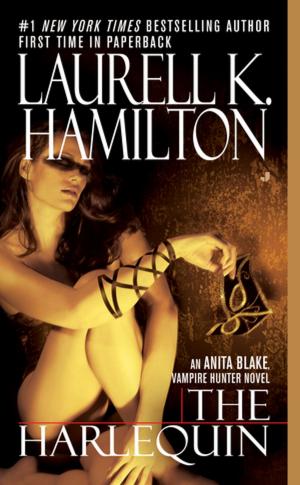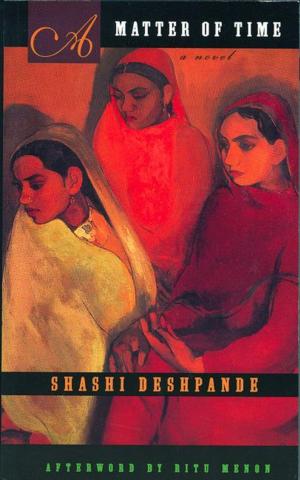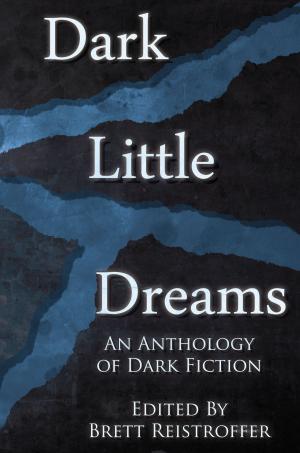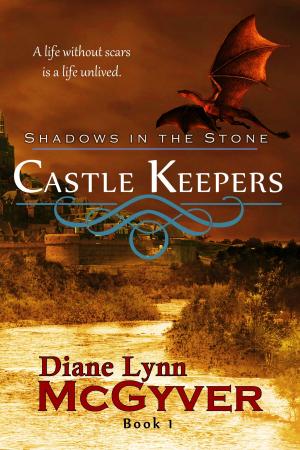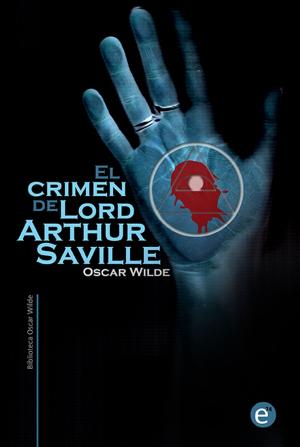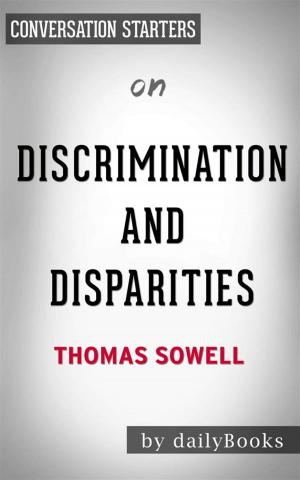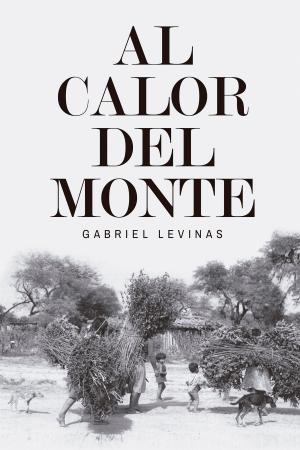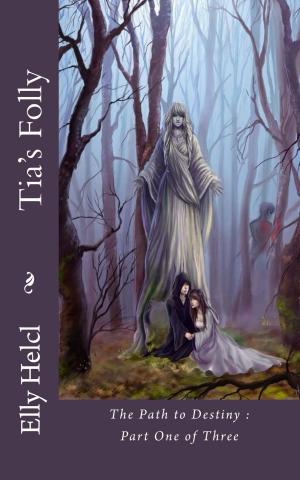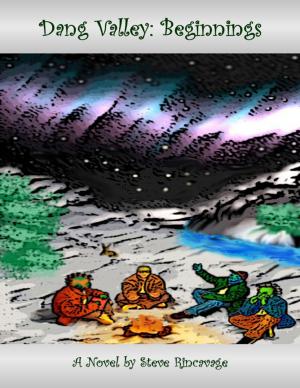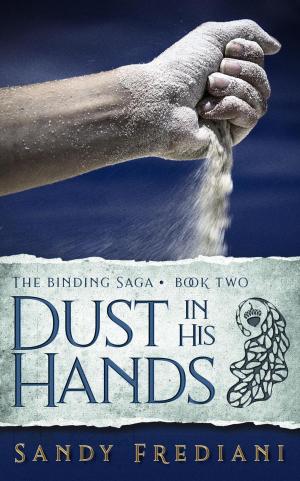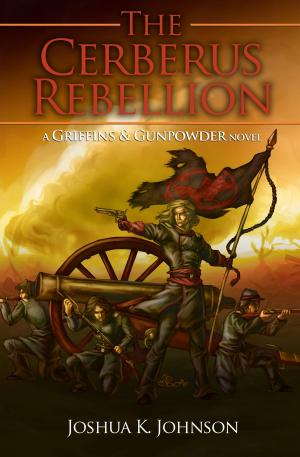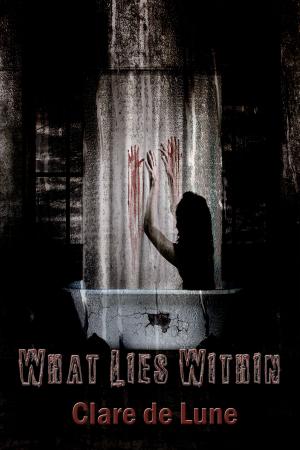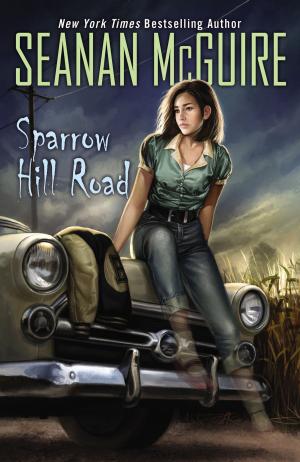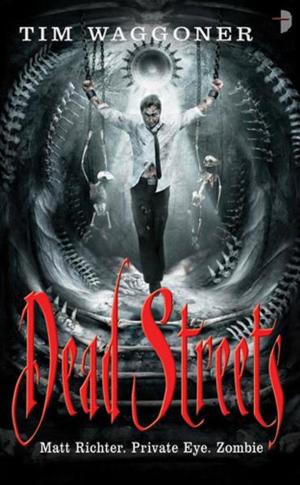| Author: | Tony Compton | ISBN: | 9781370664412 |
| Publisher: | Tony Compton | Publication: | September 6, 2016 |
| Imprint: | Smashwords Edition | Language: | English |
| Author: | Tony Compton |
| ISBN: | 9781370664412 |
| Publisher: | Tony Compton |
| Publication: | September 6, 2016 |
| Imprint: | Smashwords Edition |
| Language: | English |
(Hampshire and Edinburgh accents and a little Scots dialect appear.)
Hampshire-born carpenter and loner Johnny Pförtner decides to return to his (partly) Scottish roots, so he moves to the remote island of Mingulay and sets up home. He decides to announce his presence by flying a huge saltire (Scottish flag), which he travels to Edinburgh to buy (the opening scene). Unknown to him as yet, and to the utter confusion of forecasters, when he flies the flag it rains in Glasgow.
When Johnny does discover he can control the weather he makes some successful bets, while bemused weather forecasters try to work out what's going on. He also lightens his island isolation with a heady mixture of drink and Celtic myths, and in a sudden revelation sees himself as a reincarnation of Lugh, Celtic god of craftsmanship and the sun (thus he can control the weather). Johnny makes a mammoth bet he is certain to win and finds a gullible bookmaker, Angus Boone, for whom the huge stake of £25,000 is too much to resist. The Glasgow Fun Run is washed out and Angus Boone is declared bankrupt. But the press reports that Boone's gambler came from Barra, giving the forecasters their first hint of a cause.
Johnny doesn't get his fortune immediately, though he has certainly achieved fame. A couple of days later Catriona, a journalist, arrives in Barra and meets him drinking in a pub. Well fuelled by whisky, Johnny offers to show Catriona his secret. Catriona is convinced, publicizes the miracle and sets in motion a convergence of people on Mingulay. The forecasters wish to investigate, Angus Boone wants to call off the bet as void, the police want to take down the saltire as a menace to shipping and the Brother of Caledon determine to prevent this insult to Scottish heritage. In the dramatic yet humorous final pages, Johnny does get his wish of becoming totally Scottish, though in an inevitably tragic manner.
(Hampshire and Edinburgh accents and a little Scots dialect appear.)
Hampshire-born carpenter and loner Johnny Pförtner decides to return to his (partly) Scottish roots, so he moves to the remote island of Mingulay and sets up home. He decides to announce his presence by flying a huge saltire (Scottish flag), which he travels to Edinburgh to buy (the opening scene). Unknown to him as yet, and to the utter confusion of forecasters, when he flies the flag it rains in Glasgow.
When Johnny does discover he can control the weather he makes some successful bets, while bemused weather forecasters try to work out what's going on. He also lightens his island isolation with a heady mixture of drink and Celtic myths, and in a sudden revelation sees himself as a reincarnation of Lugh, Celtic god of craftsmanship and the sun (thus he can control the weather). Johnny makes a mammoth bet he is certain to win and finds a gullible bookmaker, Angus Boone, for whom the huge stake of £25,000 is too much to resist. The Glasgow Fun Run is washed out and Angus Boone is declared bankrupt. But the press reports that Boone's gambler came from Barra, giving the forecasters their first hint of a cause.
Johnny doesn't get his fortune immediately, though he has certainly achieved fame. A couple of days later Catriona, a journalist, arrives in Barra and meets him drinking in a pub. Well fuelled by whisky, Johnny offers to show Catriona his secret. Catriona is convinced, publicizes the miracle and sets in motion a convergence of people on Mingulay. The forecasters wish to investigate, Angus Boone wants to call off the bet as void, the police want to take down the saltire as a menace to shipping and the Brother of Caledon determine to prevent this insult to Scottish heritage. In the dramatic yet humorous final pages, Johnny does get his wish of becoming totally Scottish, though in an inevitably tragic manner.

